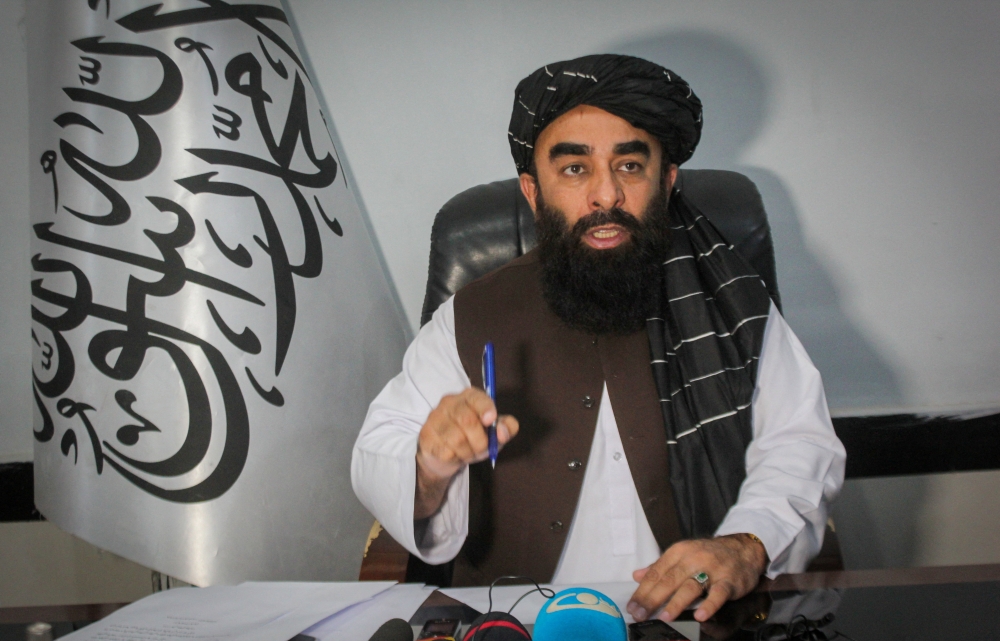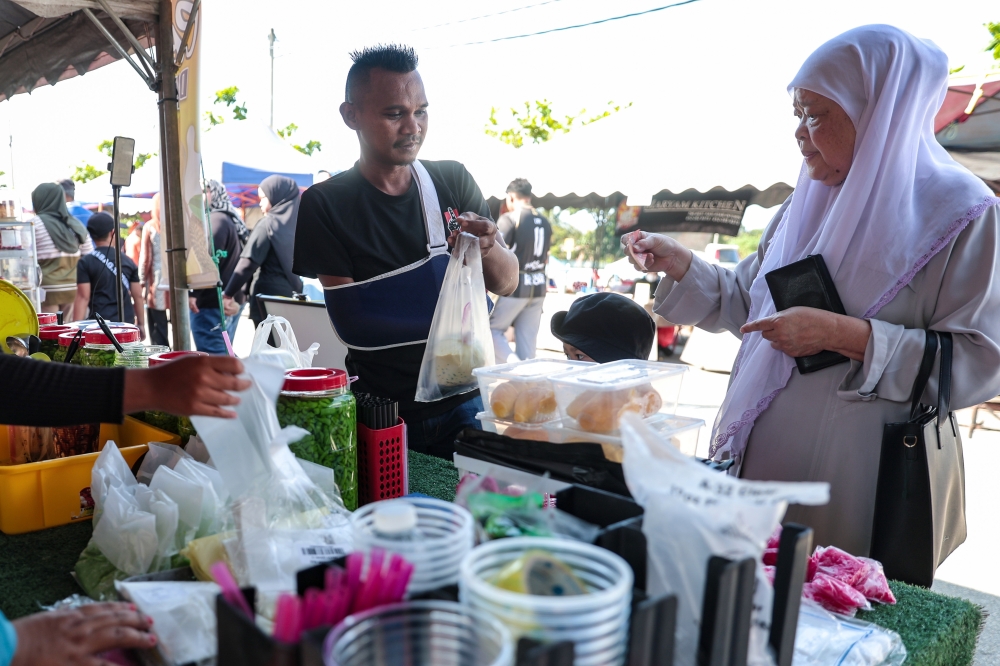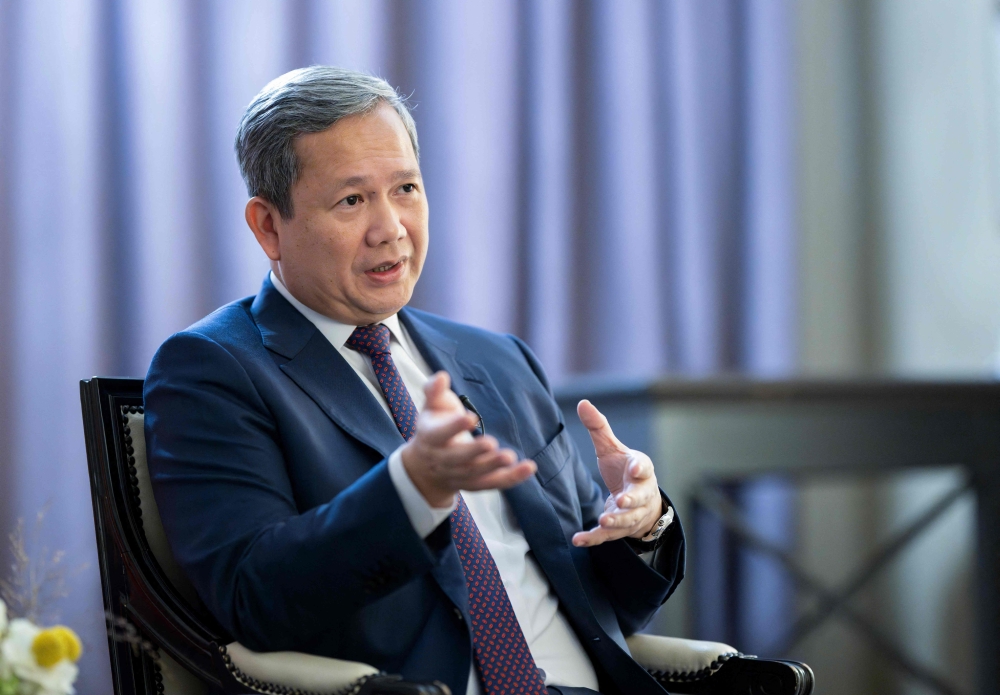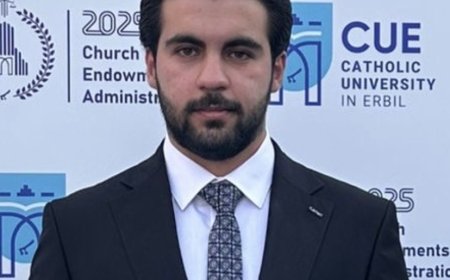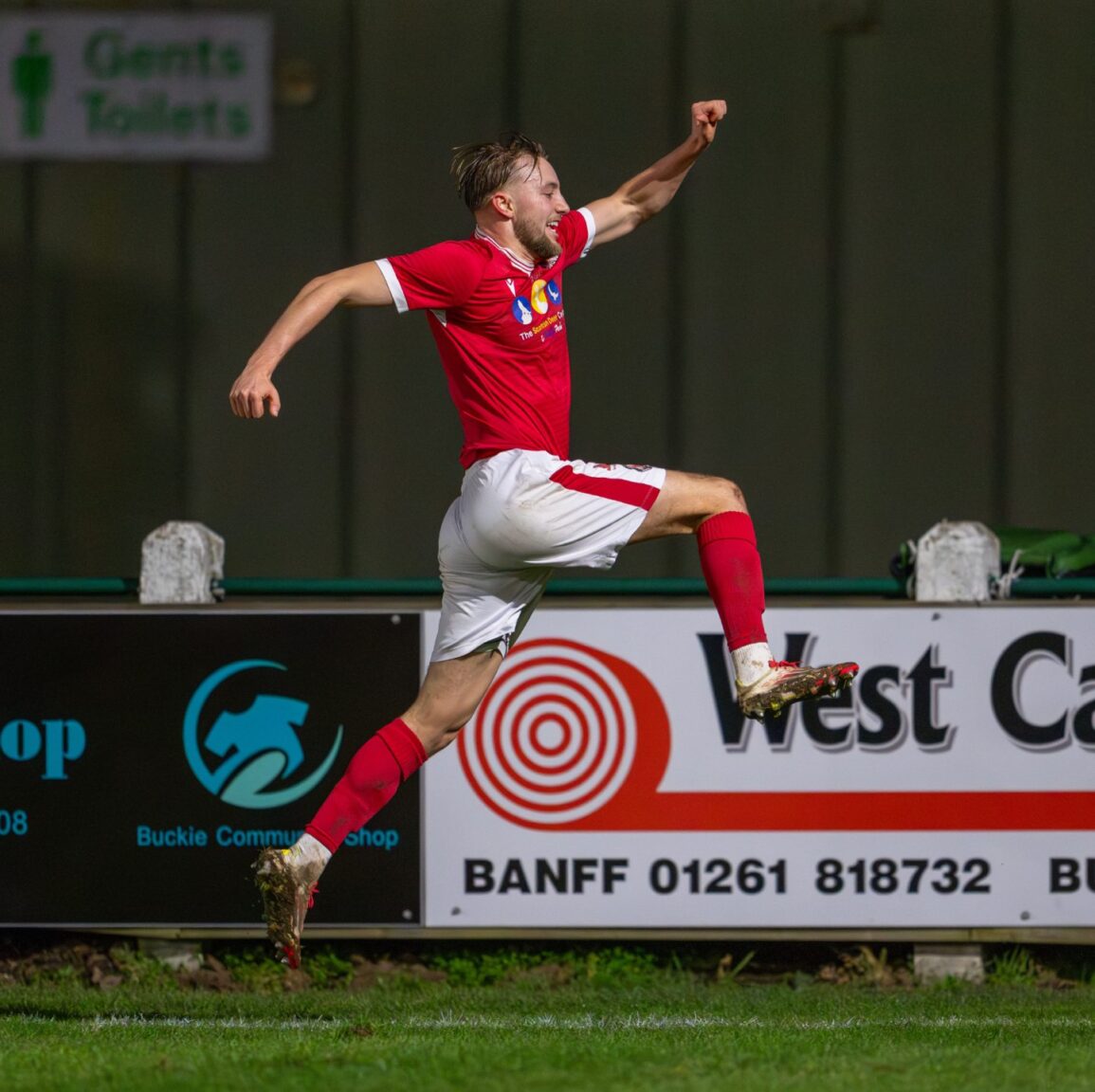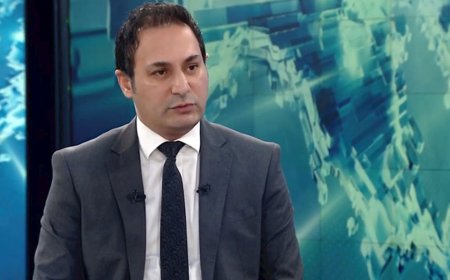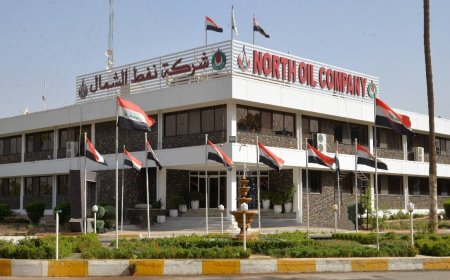I was raped by Sudanese rebels in front of my mother
Rapid Support Forces militia accused of using sexual violence as war weapon to torture and humiliate women

Fatima was punched in the face and raped at home in front of her screaming mother.
The paramilitary fighters warned her mother that if she did not shut up, they would rape her too.
Three weeks later, the family is in speechless shock. Fatima and her mother have been unable to discuss that night, as the Sudanese city of El Fasher was overrun by the Rapid Support Forces (RSF) militia.
“I haven’t been able to face her to talk about what happened to us,” Fatima told The Telegraph by telephone, declining to give her real name.
“No one is talking about what happened yet. We are silent.”
Thousands are feared to have been massacred when the regional capital was captured late last month, in one of the most shocking incidents in the civil war between the Sudanese army and the paramilitary group opposed to the government.
Satellite pictures show piles of bodies and pools of blood and those who are able to get messages out warn that tens of thousands more are still trapped, often being held for ransom.
As a trickle of people has managed to reach nearby aid camps such as Tawila, they have told not only of killing sprees, but also widespread sexual violence.
The RSF is accused of using rape systematically, as a weapon of war, to torture and humiliate women and their relatives.
It is a tactic that has allegedly been conducted throughout the two-and-a-half year conflict and was apparently widely deployed when RSF fighters rampaged through El Fasher after capturing it from the army following an 18-month siege.
Yvette Cooper, the Foreign Secretary, said: “The reports from Darfur following the RSF advances are truly horrifying – atrocities, mass executions, starvation and the devastating use of rape as a weapon of war.
“These are not isolated incidents – we are witnessing a relentless, calculated campaign of violence against civilians, with women and children bearing the brunt of the largest humanitarian crisis in the 21st century.”
Both the Sudanese army and the RSF have been accused of conducting sexual violence, mostly against women, during the war.
However, a United Nations fact-finding mission last year found that the majority of attacks were alleged to have been conducted by the RSF.
One Sudanese social worker in Tawila said they had dealt with more than 100 victims in the past few months.
However, the true number of those attacked is likely to be far higher as the shame and stigma felt by victims means that many do not come forward.
Fatima, who was eventually able to escape El Fasher to get to Tawila, was a university student before the war, but had spent recent weeks huddled under siege.
On Oct 24 and 25, the city’s final Sudanese army defences collapsed and the RSF broke through, going house to house saying they were looking for soldiers.
An armed group of RSF fighters entered her family’s house at around 8pm.
At first everyone hid under beds, but Fatima’s mother decided it would be better to come out and throw herself on the fighters’ mercy.
“We are not soldiers; we are ordinary citizens. If you have any help, please take us to a safe place,” she told them.
Fatima and her mother were quickly separated from her brothers, who have not been seen again, and from her other sisters.
She said: “One of the RSF members asked me if I was married. I told them no, I wasn’t. He asked how old I was. I remained silent. I was then punched in the face and fell to the ground. One of them raped me in front of my mother, who was also in the room with us. She was screaming at the same time.”
Fatima has so far been unable to ask if her sisters went though the same ordeal.
Sexual violence in conflicts often appears to be opportunistic, but the RSF attacks appear to be systematic, according to Natalie Nunn, a war crimes expert with Lexbridge Lawyers.
She said: “The violence and the pattern of this style of attack that is popping up through the country, its not ad hoc. If there was a handbook on how to do this, I would not be surprised.”
She added: “My overwhelming suspicion is that it is being used to intimidate and control the civilian population.”

Sudan’s civil war between the army led by Gen Abdel Fattah al-Burhan, the de facto president, and the RSF, led by Gen Mohamed Hamdan Dagalo, known as Hemedti, has rekindled ethnic bloodshed in the vast Darfur region.
The RSF is largely drawn from Arab militias and formed from the notorious Janjaweed, or “devils on horseback”, which were responsible for mass atrocities, including rape, in Darfur 20 years ago.
RSF fighters are widely accused of massacring black African groups like the Masalit and Zaghawa and conducting ethnic cleansing to take their land.
The sexual violence is often accompanied by ethnic insults and, according to claims, fighters are using rape to impregnate their victims so they carry Arab children.
Earlier this month, an RSF female propagandist was filmed exhorting militia fighters to rape women in order to “cleanse their lineage”.
A woman raped during a 2023 massacre in El Geneina told UN investigators that she had been told: “We will make you, the Masalit girls, give birth to Arab children.”
Laetitia Bader, the Horn of Africa director at Human Rights Watch, said: “We have repeatedly seen individual RSF fighters expressing intent around cleansing communities through sexual violence … we’ve seen this coming from individual fighters again and again, not only in Darfur.”
The United Arab Emirates (UAE) has long been accused of supplying the RSF through Chad and Libya – a charge that it strongly denies.
Britain and America have so far refused to publicly criticise the UAE, but Marco Rubio, the US secretary of state, this week called for international action to cut off the supply of weapons to the RSF.
At the end of a G7 foreign ministers meeting in Canada, Mr Rubio said the RSF had committed systematic atrocities, including murder, rape and sexual violence against civilians.
Sami Aswad, of the United Nations Population Fund, said the agency was trying to help rape victims as they arrived in Tawila.
However, many have arrived too late to receive urgent medical attention needed to prevent unwanted pregnancies, he said.
“Some don’t admit it because of the stigma,” he added.
Rape has also become part of the gauntlet El Fasher’s residents must run when they try to leave the city.
One woman called Halima, who also declined to give her real name, said she had fled the city two days after it fell.
She was stopped at an RSF checkpoint north-west of the city and questioned.
She was groped and then led away to a river bed and raped.
She said: “I was left there alone for a long time until a displaced person came and picked me up.
“I don’t even know how many other cases happened to my friends on the way.
“After we arrived at the camp, I learned that a large group of girls had been raped on the way with me.
“We demand justice.”
[Source: Daily Telegraph]


